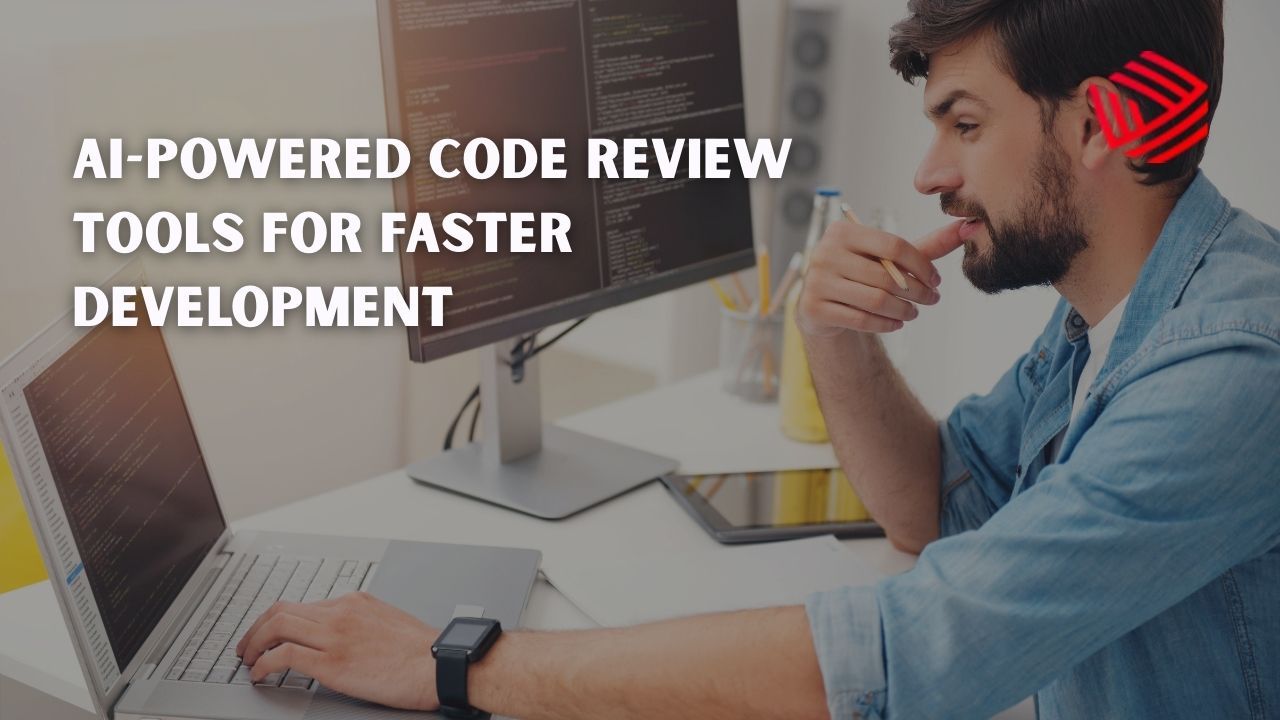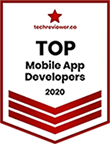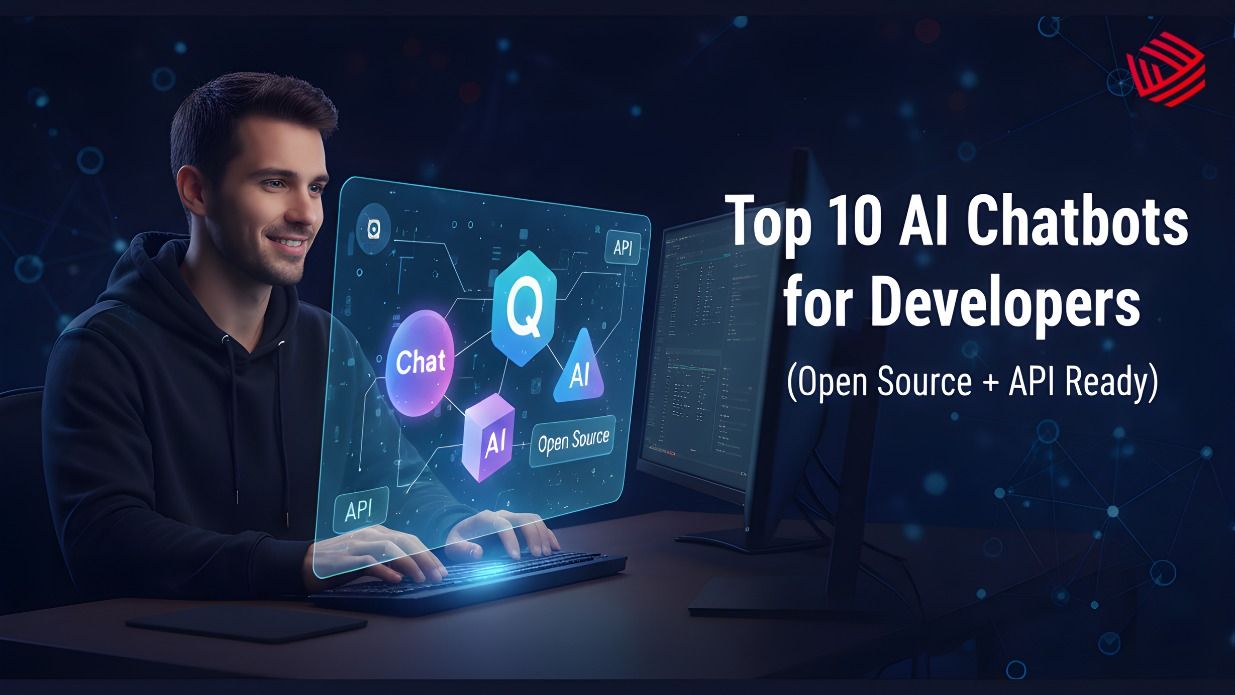
Top 10 AI Chatbots for Developers (Open Source + API Ready)
Discover the top 10 AI chatbots for developers in 2025, including open-source platforms, ChatGPT integrations, and API-ready frameworks. Learn about developer chatbot frameworks, self-hosted LLM solutions, and conversational AI tools to boost productivity, automate workflows, and create intelligent AI assistants for code.
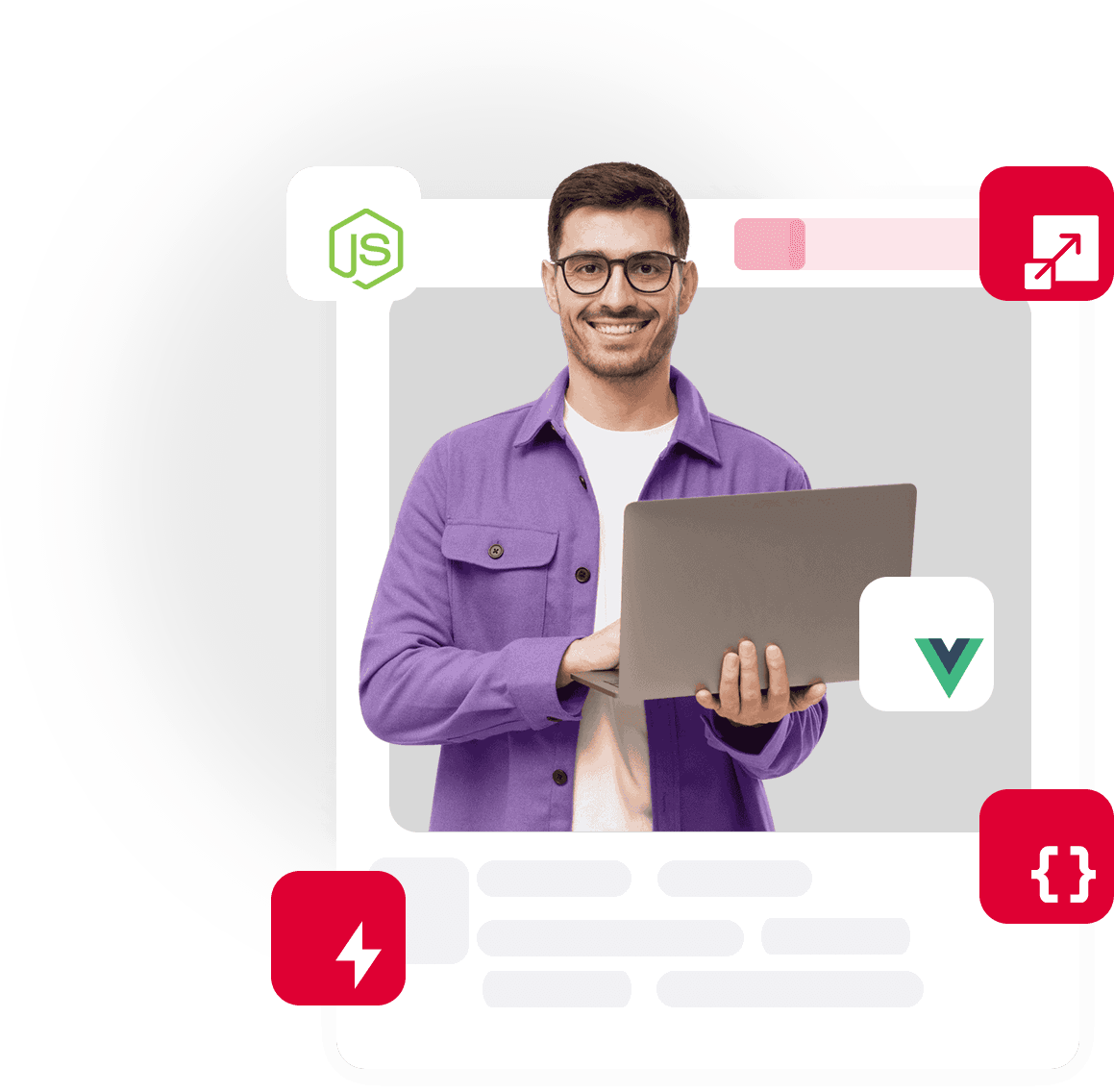
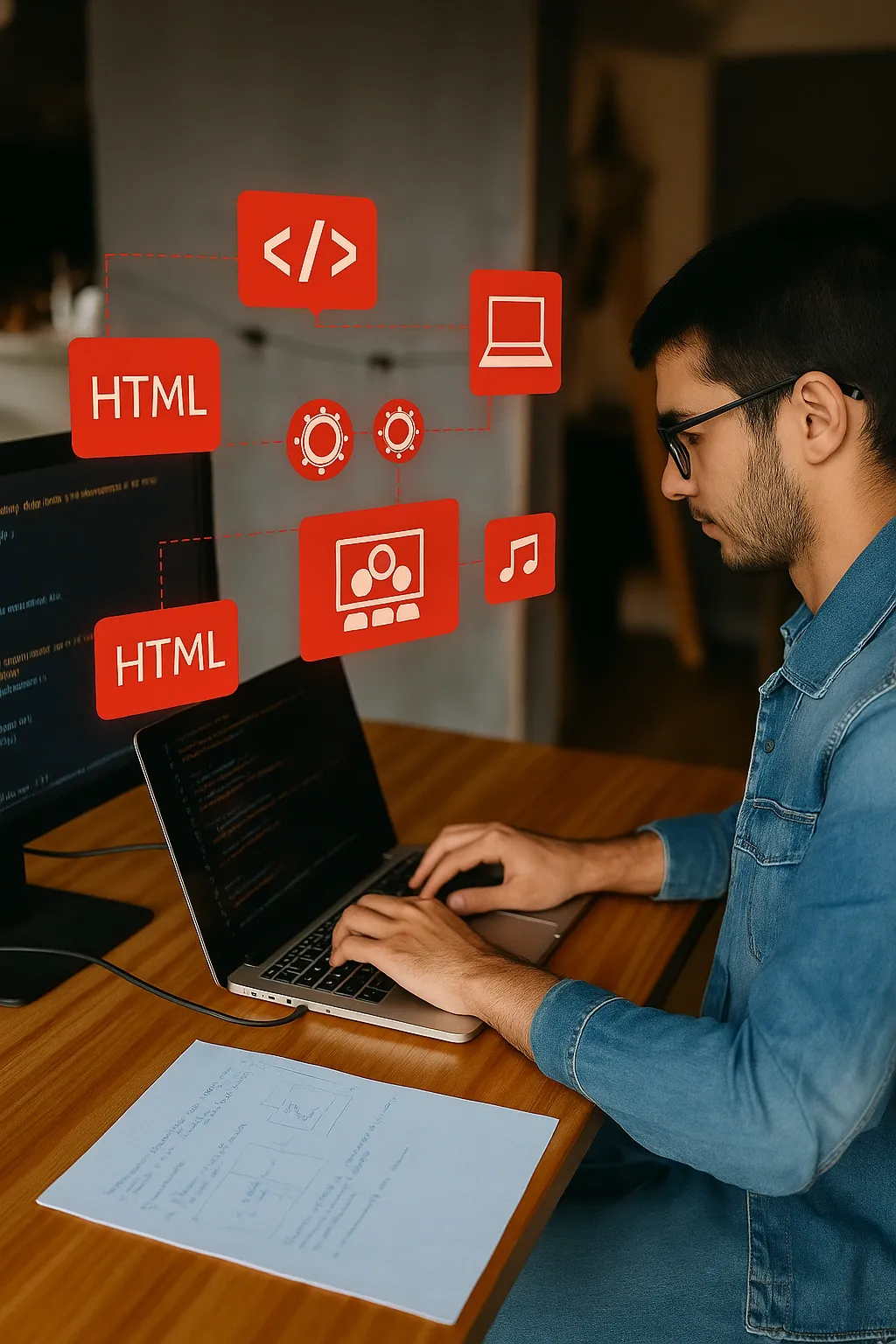





 Transparency
Transparency
